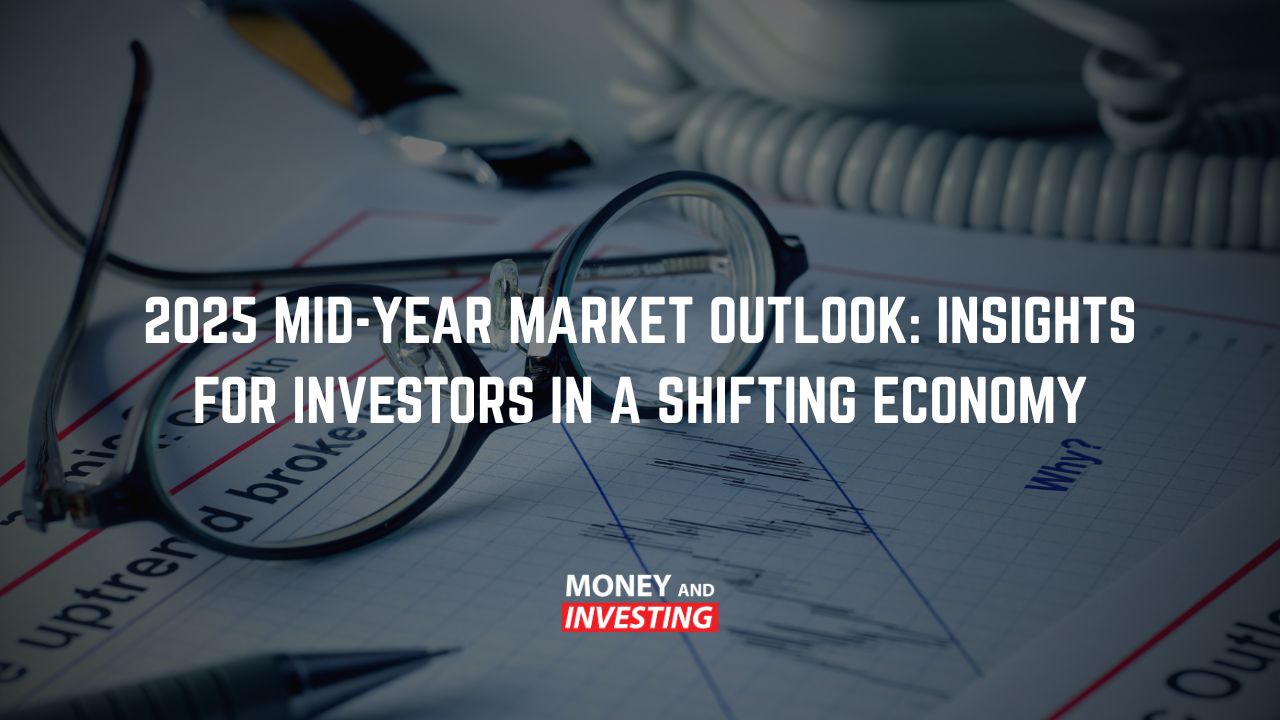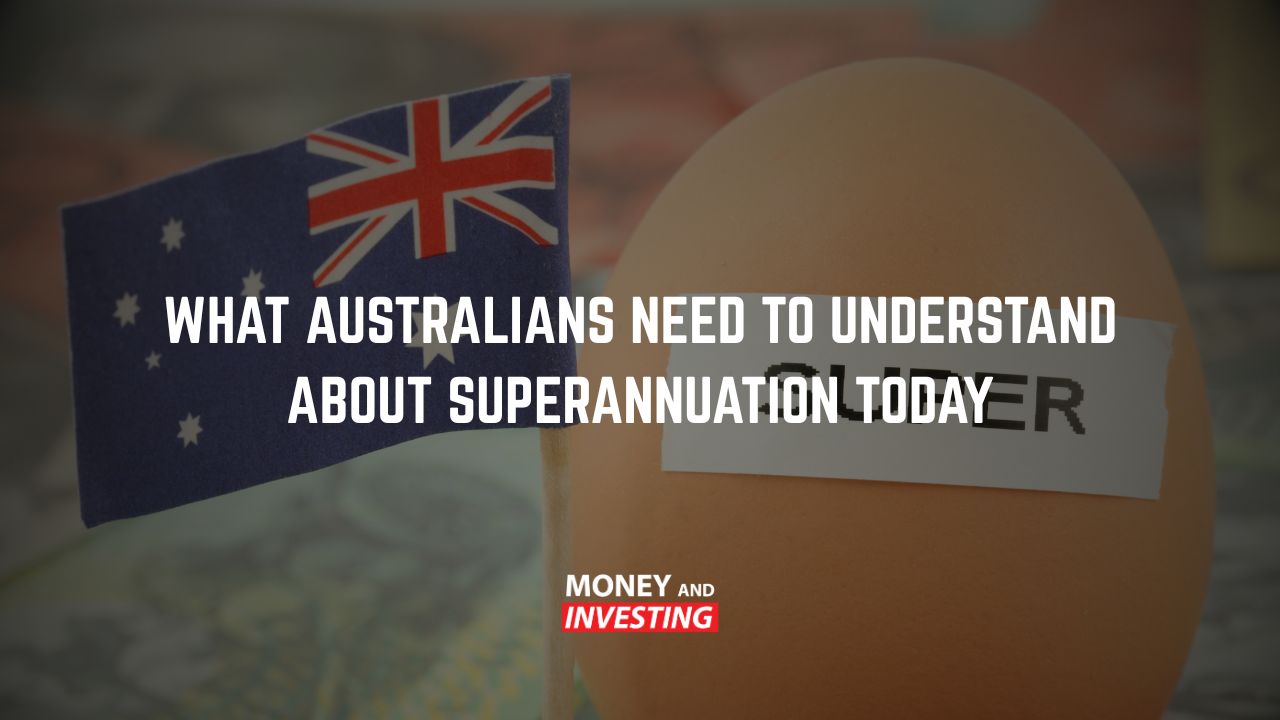Trading Headline To Headline: The effect that fake news through mainstream media is having on people’s investment decisions has reached unprecedented territory. Here’s how you can sift through the headlines to ensure you’re making the best investment decisions possible:
What does trading ‘headline to headline’ actually mean?
People who trade headline to headline are those who make impulse investment decisions. With the Coronavirus crisis looming and talks of a recession, many traders out there are basing their investment decisions on media articles. The fact – by trading the headlines you’ll always be behind the 8ball because once you know about it so too does everyone else.
The dangers you need to avoid
There’s no hiding the fact that news flow affects the overall sentiment in the market. As host, Andrew Baxter says it’s important to be selective on the type of news– knowing who’s written the article. Often, these authors who are producing your investment decisions through the media are after social media clout, renting out advertising space, or have a self-interest in the businesses they commentate about.
Interestingly, some experts have been calling for a recession since 2013 – claiming the Dow Jones will fall to 6,000 points. Since then, even after the Coronavirus effect, the biggest bull market rally in history – almost doubling since that time. Just imagine if you took that advice and received less than 1% at the bank each year, how would you feel?
Use your head rather than headlines
Using your head and understand the broader market, and how they intertwine with the company’s fundamentals will build you in the stock market vs. trading on a headline to headline basis.
Host Andrew Baxter highlights the importance of using the right tools for the market conditions – ie. During times of volatility (like in the Coronavirus) knowing to use technical indicators is pivotal. On the other hand, if you’re looking to invest for value, focusing purely on a company’s fundamentals.
Using quality news sources like Seeking Alpha for US stocks or Yahoo Finance for AU stocks will allow you to sift through the information to make your own informed decision on the market to affect your trading.
The Litmus test of relevancy
Ultimately, building your own narrative is much more important than any headline you’ll ever read.
The litmus test of relevancy is a test that expert economist Andrew Baxter has instilled for many years. Taking an example of a business like Flight Centre (FLT:ASX) who relies on foot traffic. On the contrary, a business like Netflix (NFLX:NAS) will continue to thrive as more and more people stay home. Overall, knowing these fundamentals and the economic of these companies will ensure you to make better-informed investment decisions.
How to develop YOUR view
Do yourself a favour and take a walk around a shopping centre. Have a look at what people are doing, saying and buying; this will give you a good indication in a broader population. This’s how Andrew avoids landmines like Myers or Macys and instead focuses on growing company’s like Lulu Lemon for example.
In any case, it’s important to know it’s never actually as complicated as you would initially think. You don’t have to be working on Collins Street as an economist to work out what’s going on what the market sentiment, however, putting these pieces of the puzzle together swiftly is something Andrew’s team at Australian Investment Education can help you learn.



